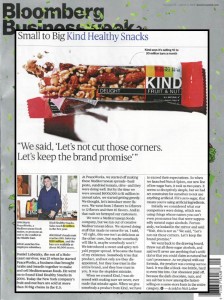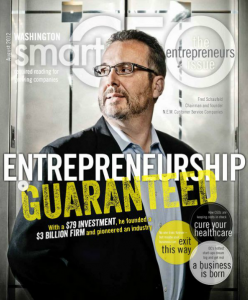We tend to feel our generation invented so much, but the truth is most of what we do has been done before.
I was wondering this morning at Holidays as a community exercise: why does society organize itself so everyone has the same break at the same time? Why not celebrate rugged individualism and permit each person to take a break when they need it, rather than all at once? Is it part of how modern society is organized with work at the center of our lives, and the need to create moments where we all take a collective rest? But I then realized Judaism institutionalized religious holidays thousands of years ago, and I assume ever since society started to coalesce with any communal beat, with kids being taught at the same time, they figured out the benefits of this coordinated rites.
Then today I was reading this article by Walter Isaacson about Benjamin Franklin, and it reaffirmed that the more things change, the more they are the same. Or at a minimum, that much less than we imagine has been totally freshly invented.
I tend to think of mentors and friends like Ben Cohen of Ben & Jerry’s and Howard Schultz of Starbucks as the fathers of social entrepreneurship. And certainly in our generation, and with work from groups like the Skoll Foundation, SVN, Business for Social Responsibility, Net Impact, and just overall historical trends and social imperatives, social entrepreneurship has gone from a neat exception into an increasing and irreversible trendline.
But Benjamin Franklin, more than 200 years ago, was already creating innovation that we think we are discovering today! From Isaacson’s Op-Ed:
These Rotarian instincts were nurtured in a civic-improvement club that Franklin founded as a young printer in Philadelphia. The Leather Apron Club was composed of enterprising tradesmen, artisans and shopkeepers, what he proudly called “we the middling people.” Instead of replicating the rigid hereditary class system of England, America should have as its backbone, Franklin believed, a middle class whose success came from hard work.
The Leather Apron Club discussed civic and political issues, devised schemes for self-improvement and formed a network dedicated to “doing well by doing good.” Its members helped launch a flotilla of civic associations, including militia and street-sweeping corps, volunteer firefighters, tax-supported neighborhood constables, health and life insurance groups, a library, a hospital, an academy for educating youth, a society for sharing scientific information and a postal system to help connect everyone.
Also:
Franklin also understood the beauty of diversity. During his lifetime, he donated to the building fund of every church constructed in Philadelphia. When a hall was being built to accommodate visiting preachers, Franklin urged his fellow citizens to donate “so that even if the Mufti of Constantinople were to send a missionary to preach Mohammedanism to us, he would find a pulpit at his service.” On his deathbed, he made one of the largest donations for the first synagogue built in Philadelphia.
And even more remarkably in terms of financial innovation:
In his will, Franklin left the bulk of his wealth to create revolving loan funds so that aspiring young tradesmen and shopkeepers could borrow a little money to get started, then pay it back so that subsequent young entrepreneurs could get a helping hand. These loan funds worked for more than two centuries.
There is a lot of innovation today on mechanisms to fund social enterprises and to do so in a socially enterprising way. Several years ago, friends and I thought we had been so clever to come up with a model that is similar to what Franklin came up with more than two centuries before! Looking back may help us find answers to look forward to.
[Read more →]
















